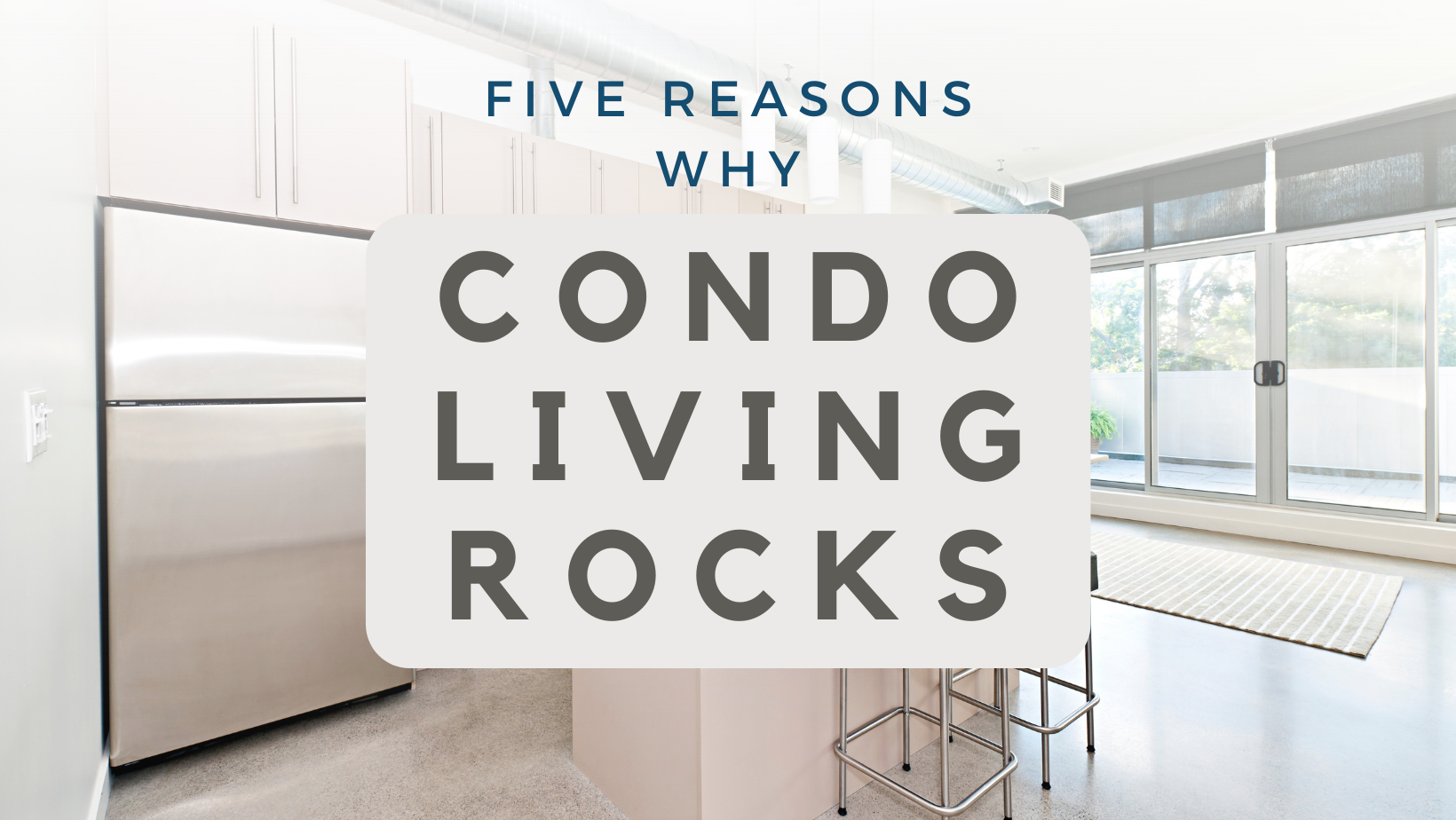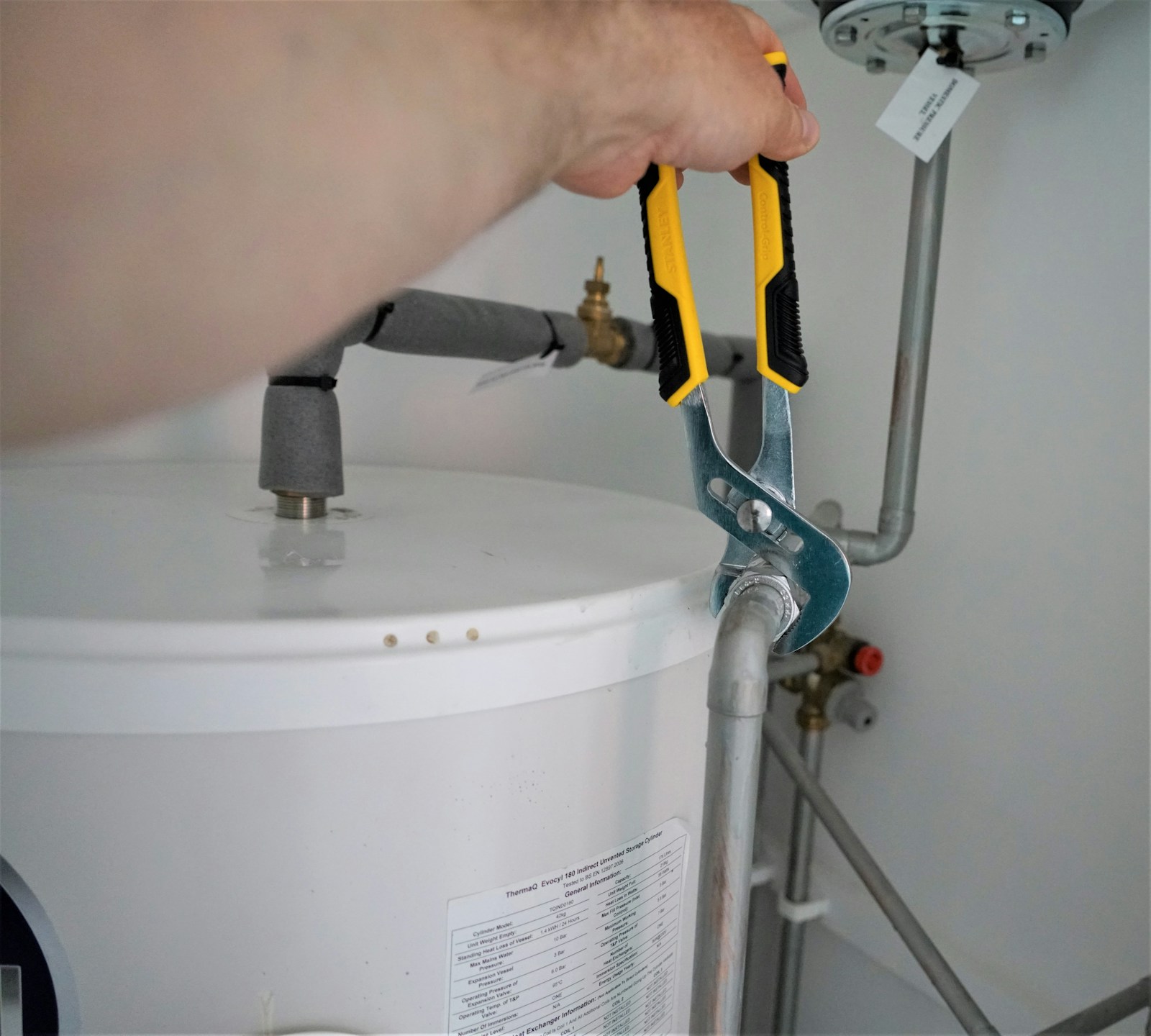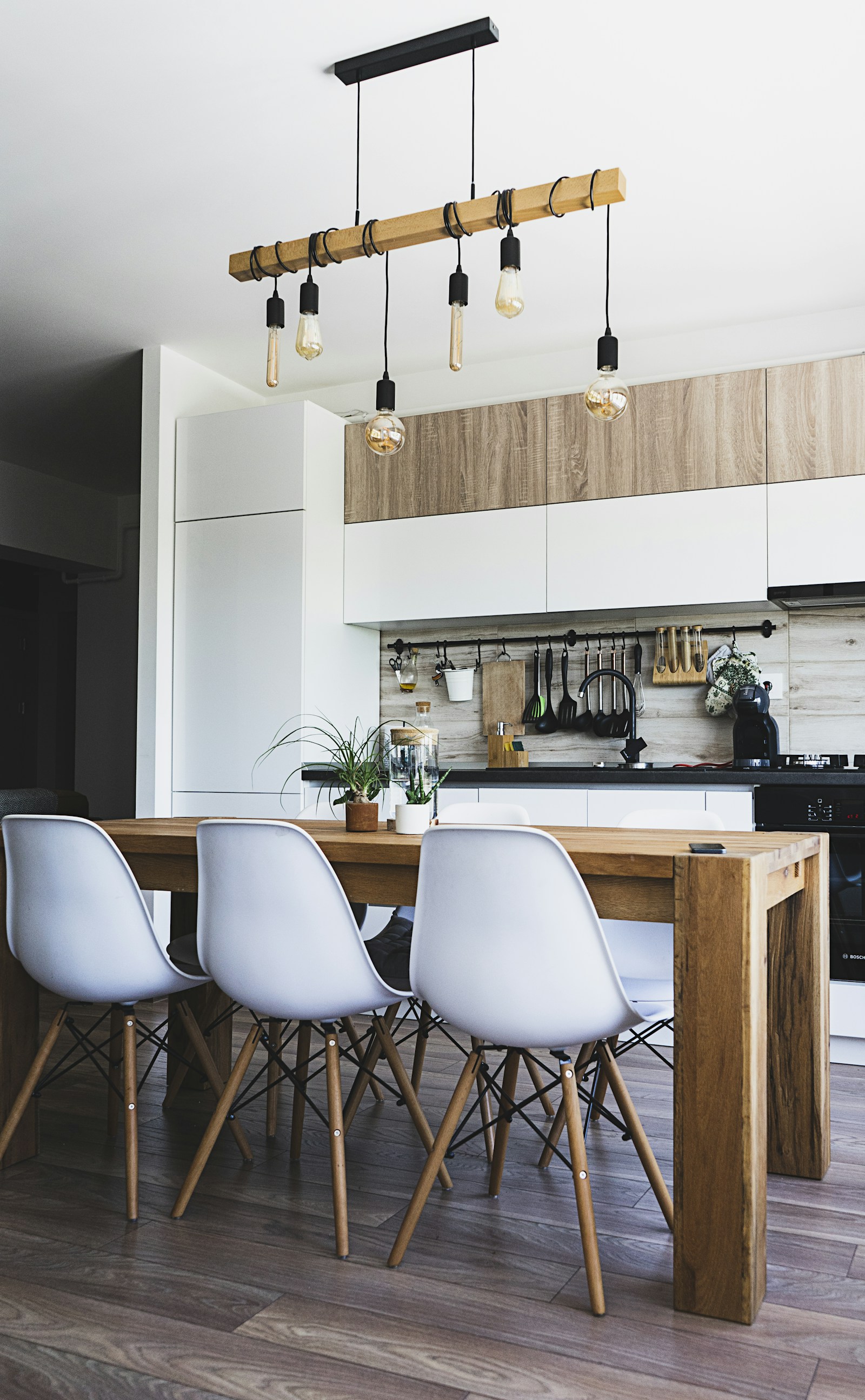Purchasing a home is a significant milestone, but when you're looking to buy a property in a city different from where you currently reside, it can present unique challenges. However, with the right realtor by your side—one who possesses expertise in mechanical systems and has extensive experience in long-distance home buying—you can navigate this process with confidence. In this article, we'll explore why having a knowledgeable realtor is essential and how their expertise can help you find the perfect home, even from afar.
Understanding Mechanical Systems
Mechanical systems, such as HVAC, plumbing, and electrical, are critical components of any home. When buying a property remotely, it becomes even more crucial to have a realtor who possesses in-depth knowledge of these systems. A knowledgeable realtor can evaluate and identify potential issues, ensuring you make an informed decision. Their expertise helps you avoid costly surprises and provides peace of mind that the home you're considering is mechanically sound.
Local Market Insights
A realtor experienced in long-distance home buying brings valuable local market insights to the table. They have a deep understanding of the city's neighborhoods, market trends, and property values. This knowledge enables them to narrow down your search to areas that align with your preferences, lifestyle, and investment goals. A knowledgeable realtor will also have access to comprehensive databases and tools that allow them to conduct thorough research on properties, helping you make well-informed decisions regardless of your physical location.
Extensive Network and Resources
A realtor experienced in long-distance home buying has built a robust network of professionals in their area. This network includes trusted home inspectors, contractors, and service providers who specialize in mechanical systems. Leveraging these connections, your realtor can facilitate inspections, coordinate repairs, and obtain accurate cost estimates for any necessary work. Their established relationships and access to reliable resources ensure a smooth buying process, even when you're not physically present.
Remote Communication and Virtual Tours
Technology has revolutionized the way we conduct real estate transactions, making long-distance home buying more accessible than ever. A knowledgeable realtor will utilize virtual tools, such as video calls and virtual tours, to bridge the gap between you and the properties you're interested in. They can provide virtual walkthroughs, point out important details, and answer any questions you may have in real-time. This virtual experience allows you to gain a comprehensive understanding of the property's condition and suitability, enhancing your decision-making process.
Tailored Recommendations and Negotiations
A key advantage of working with a knowledgeable realtor in long-distance home buying is their ability to understand your unique preferences and requirements. By thoroughly discussing your needs, budget, and desired features, they can provide tailored recommendations that align with your vision of the perfect home. Additionally, their negotiation skills come into play when it's time to make an offer. With their experience, they can negotiate on your behalf, ensuring you secure the best possible deal.
Purchasing a home in a different city doesn't have to be a daunting task. By enlisting the expertise of a knowledgeable realtor who specializes in mechanical systems and has extensive experience in long-distance home buying, you can navigate the process with confidence. Their understanding of mechanical systems, local market insights, extensive network, and use of technology will empower you to find the perfect home, even from afar. So, take the leap and make your dream of owning a home in a different city a reality with the help of a skilled and experienced realtor by your side.













